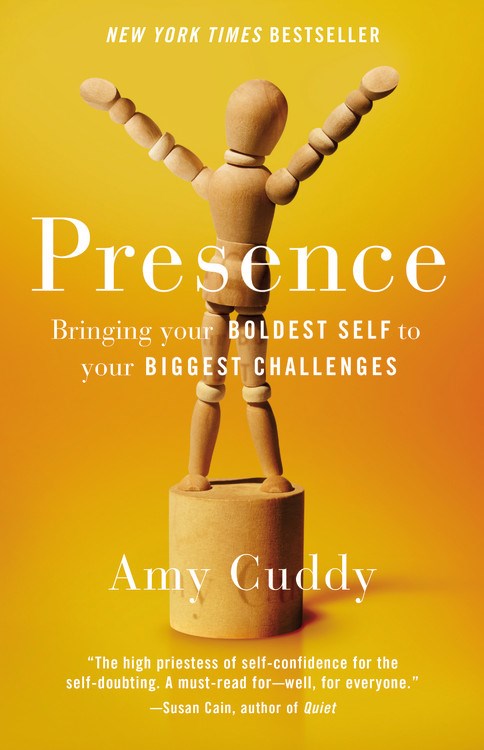Jack Covert Selects - The Alliance
The Alliance: Managing Talent in the Networked Age by Reid Hoffman, Ben Casnocha, Chris Yeh, Harvard Business Review Press, 193 pages, $25.00, Hardcover, July 2014, ISBN 9781625275776
As I read The Alliance: Managing Talent in the Networked Age, I wondered if I was really the right person to be reviewing this book. In the first few pages, I learn that referring to your company as a “family” isn’t appropriate; and that the assumed employee/employer fidelity founded on a sort of professional monogamy is archaic. (“It’s just business” has become the ruling philosophy. The result is a winner-take-all economy with no loyalty or long-term ties that has generated wide-spread disillusionment.”) Truth is, the staff at 800-CEO-READ does refer to itself as family, and the majority of our employees have been with the company 10 years, and some are quickly reaching 20 years of employment.
That doesn’t mean, however, that there isn’t a lot for us to learn from Hoffman, Casnocha, and Yeh, veterans of Silicon Valley. The authors stress that, while the old rules may no longer apply across the board, there does have to be some order to the chaos. And that order stems from an agreement—an alliance—between employee and employer that is mutually beneficial.
In an alliance, employer and employee develop a relationship based on how they can add value to each other. Employers need to tell their employees, “Help make our company more valuable, and we’ll make you more valuable.” […] Employees need to tell their employers, “Help me grow and flourish, and I’ll help the company grow and flourish.” Employees invest in the company’s success; the company invests in the employees’ market value.
The authors call this mutually beneficial arrangement a “tour of duty” which implies that there is a start and finish to their work at any individual company. As such, the authors advocate considering the company a team rather than a family.
Teams win when their individual members trust each other enough to prioritize team success over individual glory; paradoxically, winning as a team is the best way for the team members to achieve individual success. The members of a winning team are highly sought after by other teams …
All the while, the employee must continue to bring value to the company. One way to do this, beyond expertise, is by being connected and mining ideas and trends from those connections. (It’s no surprise that Hoffman is the cofounder of LinkedIn.) “Make a candidate’s network strength an explicit priority when hiring,” advise the authors. As you network and move along that network, you can also use Corporate Alumni Networks as a safety nets of sorts. You’ll have the appropriate connections to insure you can move into another company and offer your increasing expertise there as well. Creating such a network between companies and workers also then contributes to the greater good of any industry.
Improving the microcosm of workplace relationships can have a major impact of society—job by job, team by team, company by company. The alliance may seem like a small thing next to macroeconomic proposals … but it’s a small thing we can all adopt today that will generate big cumulative returns in the years to come.
In a business culture that seems to change in the blink of an eye, changing the way we regard how employee/employer relationships can create positive experiences with shorter-term employment makes sense. Still, Hoffman, Casnocha, and Yeh encourage us to understand that “when the right talent meets the right opportunity in a company with the right philosophies, amazing transformations can happen.” And that alliance is always mutually beneficial—regardless of how long your employees stick around.

